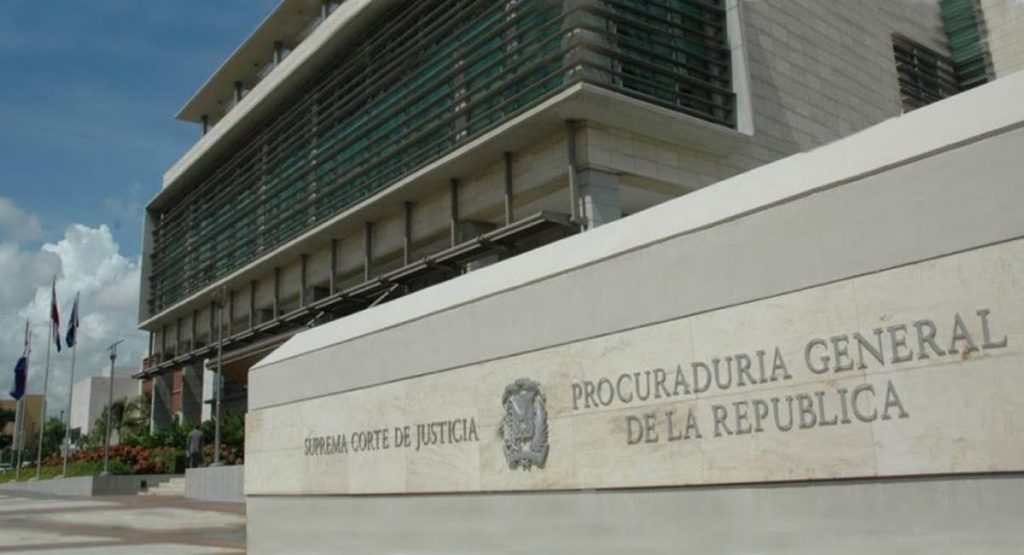
The Government’s decision to suspend The export of oil due to shortages and high prices reflects a reaction that seems to ignore the complexity of the country’s economic and social panorama. Although it is essential to address the concerns of the population, this measure does not take into account the international commitments that Bolivia has assumed, nor the previous warnings from producers about the drop in production earlier this year due to climatic factors.
Furthermore, the problem of smugglingconversely it cannot be underestimated. The actions of the military forces, which have managed to seize vehicles loaded with contraband merchandise, such as sugar and oil, show the seriousness of this phenomenon that affects both local production and the national economy. However, these interventions seem to be taken into account only when the situation becomes unsustainable, raising doubts about their effectiveness.
It is imperative that the Government adopta more comprehensive and proactive approach to confront smuggling, establishing measures that not only protect consumers, but also strengthen local producers. The suspension of exports, without a deep analysis and without considering the consequences, can result in a vicious circle that aggravates the economic crisis in the agricultural sector and exacerbates shortages. Transparency and cooperation between authorities and agricultural and industrial entrepreneurs are essential to build a more sustainable and equitable future for all.













